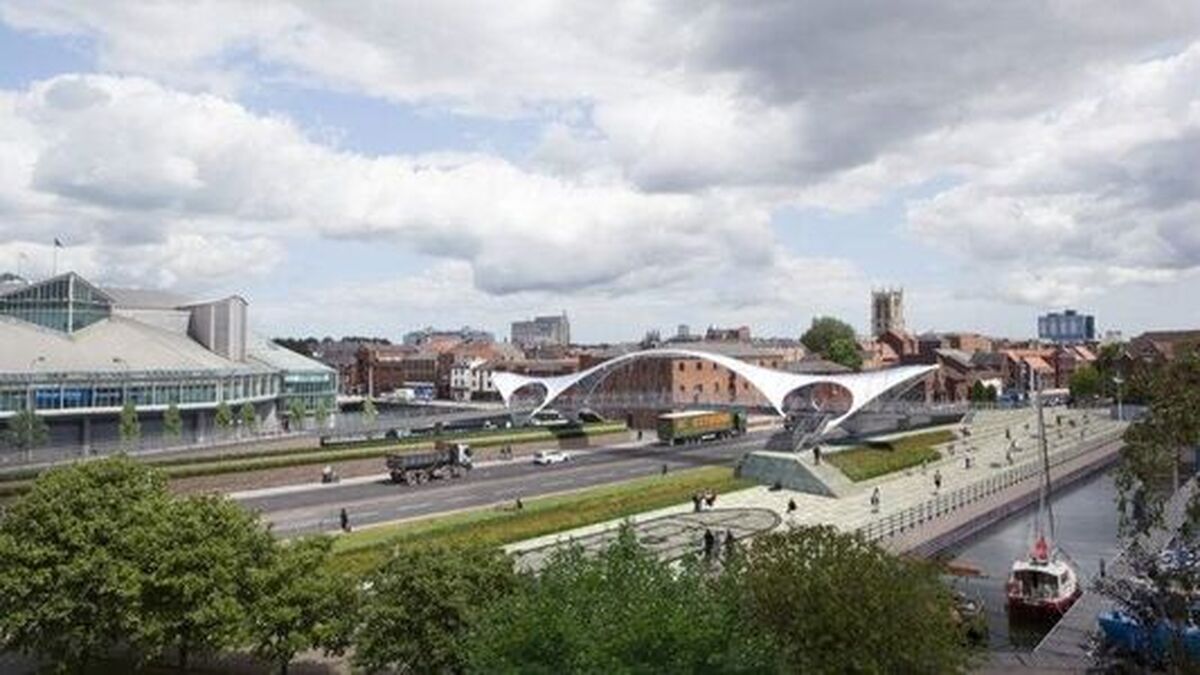From kiran,ghuman@hullcc.gov.uk | Tuesday 4 February 2020
Plans include how future transport projects can help support the city’s ambition to becoming carbon neutral by 2030.

A six-year plan has been launched to detail how Hull will transform its transport infrastructure by 2026.
The plans include how future transport projects can help support the city’s ambition to becoming carbon neutral by 2030 by encouraging residents and visitors to choose walking, cycling or public transport as their preferred form of transportation.
Hull City Council plans to carry out this work by improving public walking spaces and pavements, public transport and the city’s cycling network.
The local authority wants to capitalise on Hull’s role as a modern port city, often referred to as the gateway to Europe.
Councillor Daren Hale, portfolio holder for economic investment, regeneration and planning, said: “If we want to strengthen our position as the UK’s energy city, we need faster, more efficient, reliable and sustainable journeys on or rail, road and waterway networks.
“This includes a fully integrated and high-quality public transport system to help keep the city moving and reduce congestion.
“With the ongoing works to the A63 including the brand new footbridge, upgrades to our core road and cycle networks and working closely with Transport for the North will ensure that we can build a transport network that is adaptable to the changing needs of our city.”
The council has also introduced a refreshed road safety strategy. It includes a new speed management process that will be put in place to empower residents to take control in their local areas.
Councillor Hale said: “The safety and wellbeing of those who travel around Hull is incredibly important and we want to ensure that the city’s transport provision as safe as can be for pedestrians, motorists and cyclists.
“Speeding is not only against the law, it is an extremely anti-social behaviour that potentially endangers other people’s lives.”
These proposals will be discussed by councillors on Wednesday 12 February at the Infrastructure and Energy Overview and Scrutiny Commission, before Cabinet on Monday 24 February.
Read the full report here.

